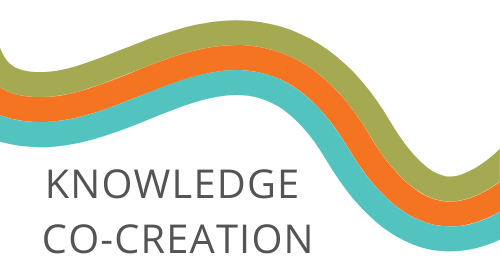Keywords: Water governance, knowledge co-creation, Mekong, Salween, gender, social inclusion, technology
The research explores mechanisms for knowledge co-creation for water governance within the Mekong and Salween River Basins. Building upon transdisciplinary theoretical frameworks, knowledge co-creation, when applied to complex ecological and political contexts, can be defined as an integrative process that allows for the broadening of understanding through the incorporation of divergent knowledge systems, worldviews, and understandings. Knowledge co-creation and co-production allow for a deeper collaborative approach beyond the principles underpinning the global model of ‘Integrated Water Resources Management’ of participation and inclusion.
Semi-structured interviews on global knowledge co-creation and water governance are underway to identify an evaluative framework, complemented by recent literature, focusing on actors operating at various governance scales in the Mekong and Salween River Basins. In collaboration with local research partners in Thailand and Myanmar, this research initiative will provide resources for knowledge co-creation to be implemented at the local policy and community levels through the development of Mekong and Salween curricula.
Emerging insights demonstrate the distinction between knowledge co-creation as a process in and of itself and the use of that knowledge to allow for greater inclusion in decision-making. These two elements are usually combined to inform water governance. The separation allows for a potential power shift among knowledge contributors to allow for a more holistic understanding to develop.
In light of COVID-19 movement and travel restrictions, a separate but related initiative is exploring the role of (open source) digital solutions and technology to support knowledge co-creation, particularly for the purpose of connecting women through storytelling and knowledge-sharing. Initial findings indicate that the political turmoil in Myanmar and the restrictions on movement throughout Southeast Asia have facilitated greater use of technology for activist mobilization and addressing misinformation.
This knowledge co-creation project is funded by a Rapid Research Grant (2020-21) from the Stockholm Environment Institute (SEI) / SUMERNET. The International WaterCentre Alumni Network is the lead agency, administering the grant.

